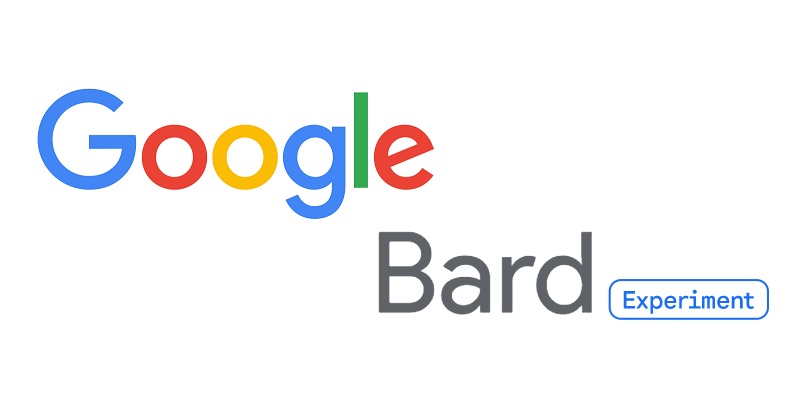
With so much hype and popularity of ChatGPT, Microsoft introduced Bing Chat which offers conversational answers to users' questions. An introduction of Chatbot on the Microsoft Edge browser may change the way how people search for information online. According to Statista, Google dominates the search engine market and serves over 90% of all search queries conducted worldwide. The number 2 player, Bing only captures about 3% of all search queries, and they are working hard to recapture long-lost search engine market share with an introduction of new Bing with Chat functionality.
As a response to ChatGPT-powered Bing Chat, Google released an experimental AI Chatbot called Bard. Google's mainstream income comes from Google Ads which is closely tied to search engine traffic, and Google does not want ChatGPT or Bard to replace search traffic. Aside from Google's intention to keep web search, the answers provided by ChatGPT and Bard will have to be coming from the Web, and therefore the AI chatbot will not replace the web. If no one adds content on the Web, ChatGPT and Bard will no longer be able to source the information.
Although ChatGPT is sourcing information from information gathered prior to 2022, Microsoft Bing adds real-time data and instantly searches information from the web. Google Bard does the same and provides answers in human-like conversations. Bing Chat and Google Bard can provide you with simple fact checks to extensive research papers, and allow you to ask for as many revisions as you like. The only catch is that the answers provided by both Bing Chat and Google Bard may not be accurate, or simply false information as the information is gathered from the Web without fact verification.
What are the differences between Google Bard and OpenAI's ChatGPT?
Google Bard is powered by a language model called LaMDA, which has trillions of words that can be used to predict questions and answers and maintain conversations. ChatGPT, on the other hand, is using a Generative Pre-trained Transformer language model that digests huge quantities of text data and infers relationships between words within the text. They both achieve the same result, but there are more data fed into Bard than Bing.
The second difference between Bard and Bing is that Bard is more conversational, while ChatGPT is designed to offer more informative data. This means that Bard is better at generating human-like conversations, while ChatGPT is better at generating text that is more factually accurate.
Finally, Bard was released in response to the early introduction of ChatGPT, and hence there is some catch-up to do. The introduction of ChatGPT in November of 2022 surprised many scientists and transformed the Artificial Intelligence industry into a new era. Bard is still under development and released as an experiment, and hence you'll have to signup to be added to a waitlist to experience Bard. It takes about 1 week to gain access to Bard, much like how Microsoft offered early access to Bing Chat not too long ago.
Conclusion
Google Bard and Bing Chat are both powerful LLMs that can be used for a variety of tasks including planning your next vacation trip to writing an extensive research paper on medical experiments. Regardless of your intended use, both Google Bard and Bing Chat will serve as your collaborative tool to assist you with accomplishing your desired tasks.
With planned integration of ChatGPT in all Microsoft products like Word, Excel, Powerpoint, and Outlook, you'll have a free intern working for you to gather information prior to actually creating the content.
Share this post
Leave a comment
All comments are moderated. Spammy and bot submitted comments are deleted. Please submit the comments that are helpful to others, and we'll approve your comments. A comment that includes outbound link will only be approved if the content is relevant to the topic, and has some value to our readers.




Comments (0)
No comment